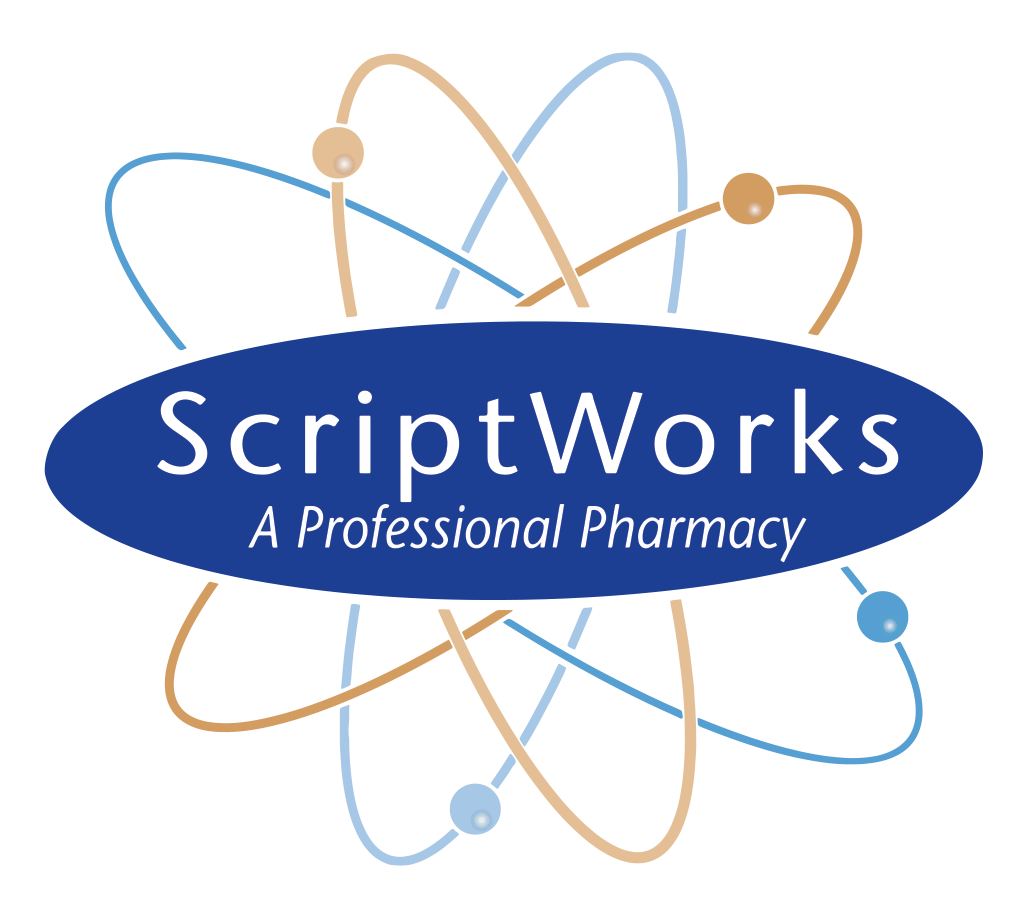
Author: Bob Brensel | President, Pharmacist | ScriptWorks
Bob Brensel, RPh, earned his Pharmacy Degree at University of the Pacific in Stockton, California in 1980. Former California Pharmacists Association’s Award Winner for Recognition of Outstanding Achievement in Compounding Pharmacy. Read More →
An Overview on Compounded Ketamine and Some of Its Potential Benefits
Ketamine is a medication that was initially developed as an anesthetic and is commonly used in both medical and recreational contexts. It belongs to a class of drugs known as dissociative anesthetics, which can produce feelings of detachment from one’s surroundings and a sense of dissociation from reality.
In medical settings, ketamine is often used as an anesthetic for pain control in surgical procedures, especially in cases where rapid induction and emergence from anesthesia are required. It has also been used as an analgesic (pain-relieving) medication, particularly in emergency medicine and in managing chronic pain conditions.
In recent years, ketamine has gained attention for its potential off-label use in addressing certain mental health disorders, particularly depression, and some anxiety disorders.
Ketamine infusion therapy, under medical supervision, has shown promising results in providing rapid relief for some individuals who do not respond well to traditional antidepressant medications.

Compounded ketamine allows prescribers to customize a unique medication for their patients.
ScriptWorks offers many dosage forms including:
- Nasal spray
- Rapid dissolve tablets (RDTs)
- Sublingual tablets
- Lozenges
- Topical creams/gels
Each dosage form has its own potential benefits that your doctor will evaluate and determine what is the best option for you and your condition. For example, the nasal spray or RDT dosage forms may benefit patients suffering from depression whereas a topical cream could be utilized for patients with neuropathy, allowing the ketamine to have an effect where the pain is localized.
If your doctor recommends compounded ketamine, it’s crucial to work closely with a PCAB accredited compounding pharmacy to ensure that the medication is prepared correctly and meets the necessary quality standards. ScriptWorks has been compounding ketamine dosage forms for 20+ years.
Why might prescribers order a prescription for compounded ketamine?
Doctors might prescribe compounded ketamine for several reasons, particularly addressing specific patient needs that cannot be met by commercially available ketamine products.
Follow Our Ketamine Blog Series
In this blog series, I will be going over the different potential uses for compounded ketamine. Here are some situations where doctors might consider prescribing compounded ketamine:
Individualized care to suit a particular patient’s needs
Unique medical conditions
Alternate delivery systems
Minimizing side effects
Response to medication
Access to ketamine therapy
Research and innovation

It’s important to emphasize that compounded medications, including compounded ketamine, should only be prescribed, and used under the guidance of a qualified healthcare provider. Compounded medications are not regulated in the same way as FDA-approved medications, which means their safety, quality, and effectiveness can vary. This is why you should only use a nationally accredited compounding pharmacy like ScriptWorks.
Subscribe to our blog and keep up with our ketamine series for further discussion about potential uses of compounded ketamine including depression and pain, featuring an examination of side effects and special considerations for patients.
Are you patient or provider interested in exploring options with ketamine?
Get in touch with ScriptWorks today to find out more, or visit our pharmacy in Walnut Creek.

